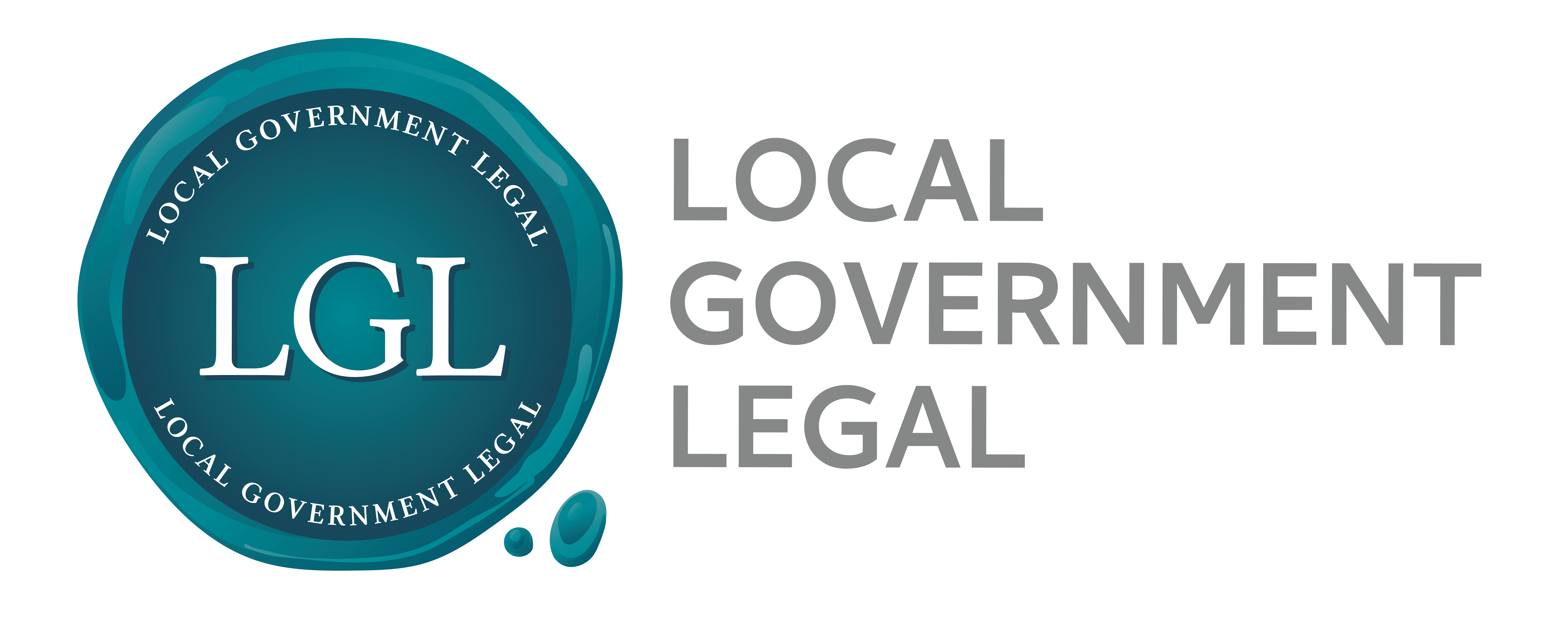In the case of Newton and anor v Great Lakes Council [2013] NSWLEC 1248, Senior Commissioner Moore considered an appeal against the imposition of two conditions on a consent for the construction of a new dwelling at Winda Woppa’s Jimmy’s Beach.
Moore SC recognised that the likelihood of sea level rise and the potential of consequential risk of damage to buildings in the vicinity of the foreshore was at the heart of the dispute.
The Applicant appealed against the following two conditions:
(7) Time limited consent
Development consent shall be limited to a period of twenty years and shall expire on 9 July 2033. Sixty days prior to consent expiry, the owner’s consultant shall undertake a review of coastal controls, including but not limited to long-term recession and storm erosion, both current and projected at the time. The review report shall be submitted to Council for consideration not later than thirty days prior to expiry. If appropriate, the review may recommend a continuation of the consent for an extra period of time consistent with evidence and coastal hazard predictions at that time.
Note: An extreme coastal storm occurring at any time in the future, and being beyond Council’s response capability may nonetheless cause severe structural damage and therefore require demolition and removal in the interests of public and resident safety.
Reason: To allow reasonable expectation of development under current uncertainties in relation to beach renourishment and the resulting effective hazard lines.
(8) Structural details for 2060 sea level rise conditions
Footings and foundations must be designed and constructed to ensure continued support of the building structure consistent with the 2033 sea level rise conditions (hazard line and zone of reduced foundation capacity).
Reason: To ensure structural stability and safety and to avoid increased erosion of adjacent properties during a design storm event.
The Court concluded that, while there is no legal impediment to doing so, it is inappropriate to impose the time limited consent condition (condition 7) in this instance. However, the removal of condition 7 makes it essential that condition 8 (requiring appropriate precautionary standards to be applied to the construction of the footings for the dwelling) remain as a condition of consent.
It was important to Moore SC’s reasoning that the subject site was the only vacant land in the vicinity and that other dwellings in the area are not subject to time limited consents. It was noted that, had it been a greenfields area with a new subdivision proposed, significantly different policy considerations would likely arise.
In addition to the relevant considerations for the Council in granting consent and imposing conditions included the Great Lakes Local Environmental Plan 1996 (which did not impose any additional restrictions on development at the site), the relevant DCP, SEPP 71 and draft LEP 2013, the Court also considered the issue of whether the applicants were, or ought to have been, on notice that this condition or one similar to it, might be imposed. In this instance, the relevant coastal study, although received by Council at the time of the Applicant’s purchase of the property, had not been made available for public comment, and no specific notification was included on the section 149(2) certificate included in the contract documentation.
The Court commented that condition 7 effectively imposes two obligations. Firstly, which is subject to the hope of reprieve in the second, is to cease using the dwelling at the time of expiry of the consent. The second is to undertake a coastal hazard study which might give the basis for Council to approve some further occupation of the dwelling. The Court concluded that holding out such an illusion of hope, in itself, is unreasonable in circumstances where the outcome is highly speculative.
Note: This information is not to be relied upon as legal advice.
